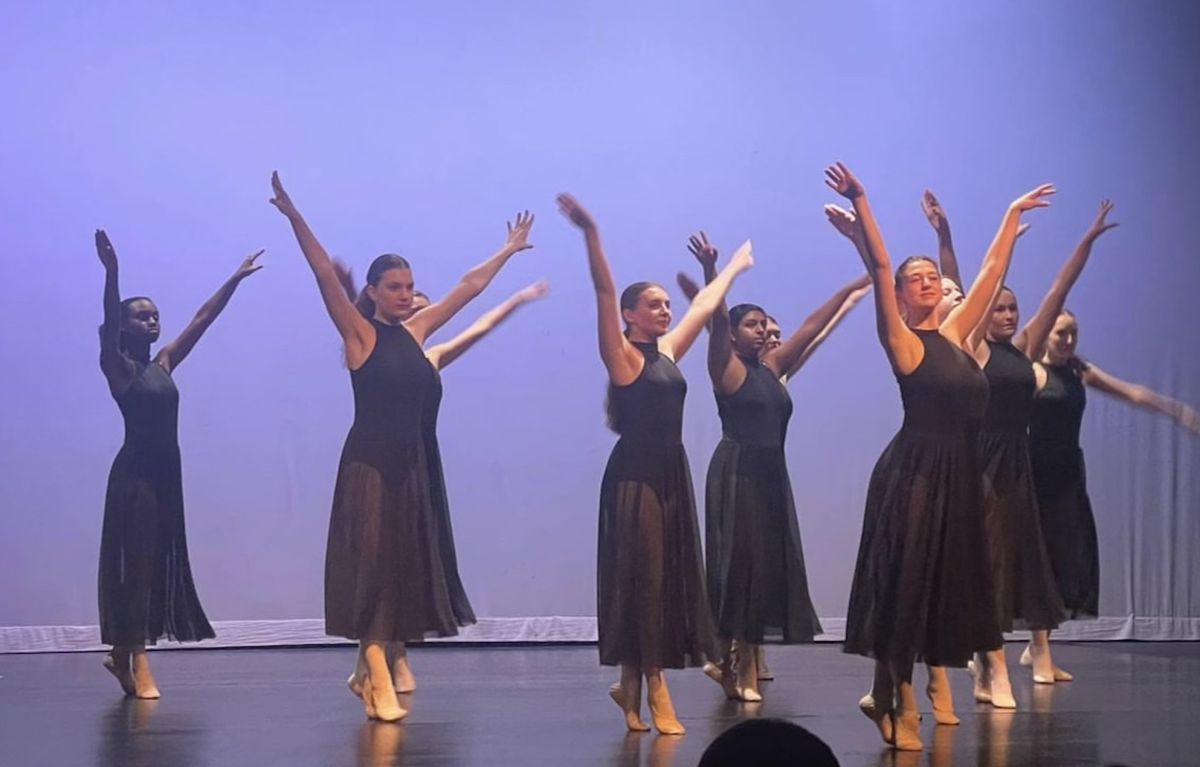With winter break having just ended and the holiday season coming to a close, students at Flint Hill find themselves readjusting to school life once again. However, before this celebratory season finishes, it can be inspiring and uplifting to reflect on the variety of experiences and traditions the winter holidays can bring.
One of the earlier holidays of the season is Hanukkah, which was celebrated from the evening of December 7th to December 15th in 2023. It is a Jewish holiday that celebrates a miracle that allowed sacred candles in the Temple of Jerusalem to burn for eight days with only enough oil for one. Today, the miracle is commemorated by lighting candles on each of the eight nights of Hanukkah, eating traditional foods, and exchanging gifts.
In the United States, the most popular winter holiday is Christmas, a Christian holiday celebrating the birth of Jesus Christ occurring on December 25th. It is celebrated in a variety of ways, with common traditions including decorating a tree, exchanging gifts, and listening to carols. Christmas is ubiquitous, even in countries where Christians make up only a small minority of the population. Due to its widespread fame, the holiday has the potential to bring the world closer in celebration every December.
Beginning directly after Christmas, from December 26th to January 1st, is the week-long holiday of Kwanzaa, celebrating African and African American culture and heritage. Kwanzaa, which means ‘first fruits’ in Swahili, is a newer holiday, being created in 1966 by civil rights activist Maulana Karenga. It is celebrated by lighting candles, exchanging gifts, and eating meals as a family.
The New Year, both Gregorian and lunar, is another important part of the holiday season. It is an exciting time for thinking about the future and reflecting on the past. Many celebrate the night between the end of December and the beginning of January, staying up until midnight, watching fireworks, and coming up with resolutions for the coming year. The lunar new year in 2024 falls on February 10th, leading into the year of the dragon. Lunar New Year is typically celebrated by the exchange of red, money-filled envelopes, launching fireworks and lanterns, and connecting with loved ones.
The holidays listed in this article are some of the most widely celebrated, but they are far from the only festivities of the winter. As we enter the new year, let the memories of a December well-spent act as fuel for the coming months. Happy holidays, and have an amazing 2024!



